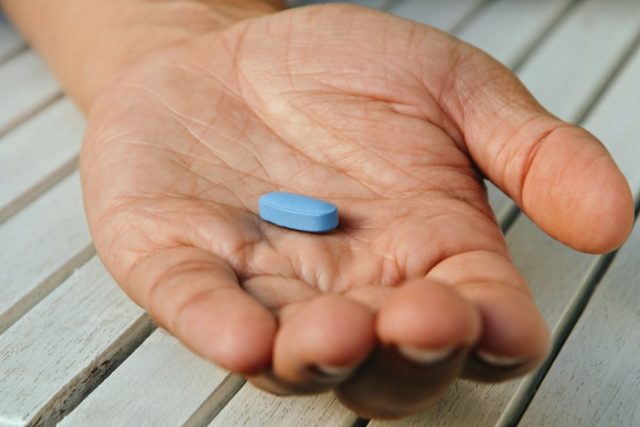Belzutifan beneficial for advanced clear cell renal cell carcinoma patients who had previously received immune checkpoint, antiangiogenic therapies
By Elana Gotkine HealthDay Reporter
FRIDAY, Aug. 23, 2024 (HealthDay News) — Belzutifan, a hypoxia-inducible factor 2α (HIF-2α) inhibitor, improves progression-free survival and objective responses over everolimus among patients with advanced clear-cell renal cell carcinoma, according to a study published in the Aug. 22 issue of the New England Journal of Medicine.
Toni K. Choueiri, M.D., from the Dana-Farber Cancer Institute in Boston, and colleagues conducted a phase 3 multicenter trial involving participants with advanced clear-cell renal cell carcinoma who had previously received immune checkpoint and antiangiogenic therapies. Participants were randomly assigned to receive 120 mg belzutifan (374 participants) or 10 mg everolimus (372 participants).
The researchers found that median progression-free survival was 5.6 months in both groups at the first interim analysis (median follow-up, 18.4 months); at 18 months, 24.0 and 8.3 percent of participants in the belzutifan and everolimus groups, respectively, were alive and free of progression (two-sided P = 0.002, which met the prespecified significance criterion). A confirmed objective response occurred in 21.9 and 3.5 percent, respectively (P < 0.001, which met the prespecified criterion for significance). Median overall survival was 21.4 and 18.1 months in the belzutifan and everolimus groups, respectively, at the second interim analysis (median follow-up, 25.7 months); at 18 months, 55.2 and 50.6 percent of participants, respectively, were alive (hazard ratio for death, 0.88; 95 percent confidence interval, 0.73 to 1.07; two-sided P = 0.20, which did not meet prespecified significance criterion).
“The LITESPARK-005 trial introduced HIF-2α inhibition as an active therapeutic mechanism and established belzutifan as a treatment option in patients with advanced renal-cell carcinoma after both immune checkpoint and antiangiogenic therapies,” the authors write.
The study was funded by Merck, the manufacturer of belzutifan.
Copyright © 2024 HealthDay. All rights reserved.



















